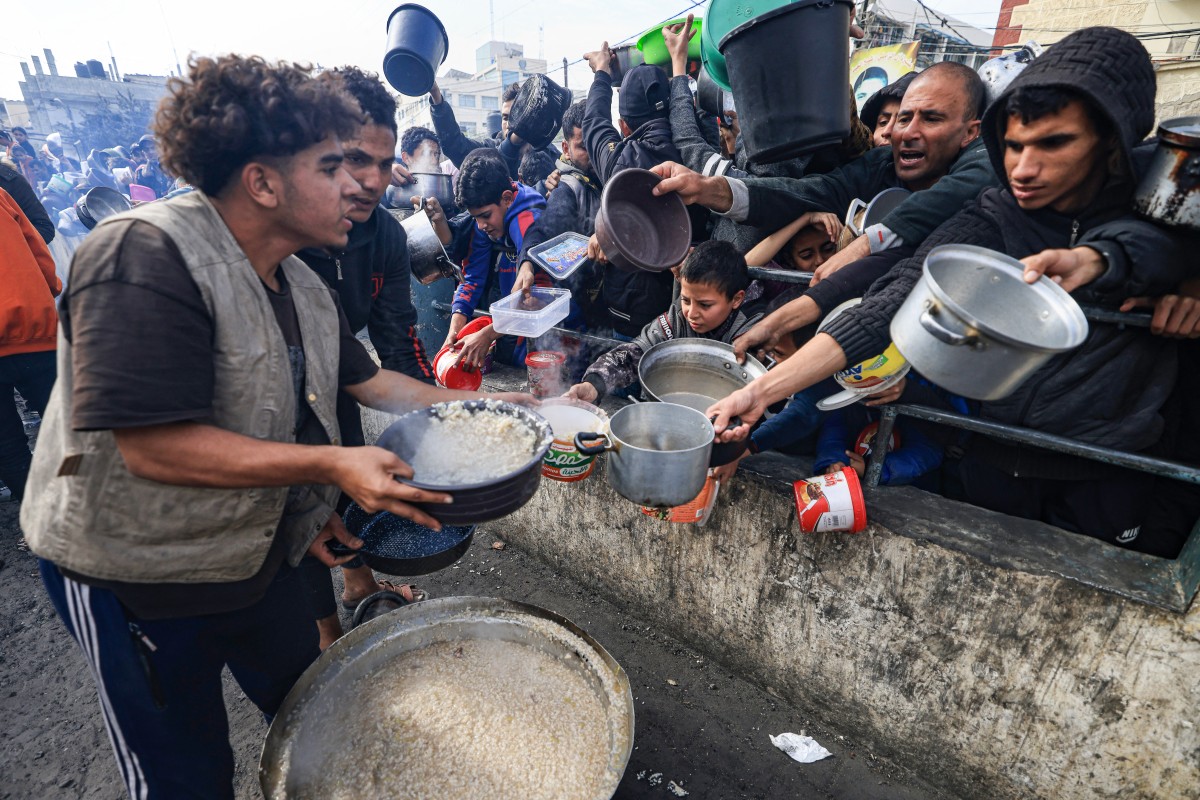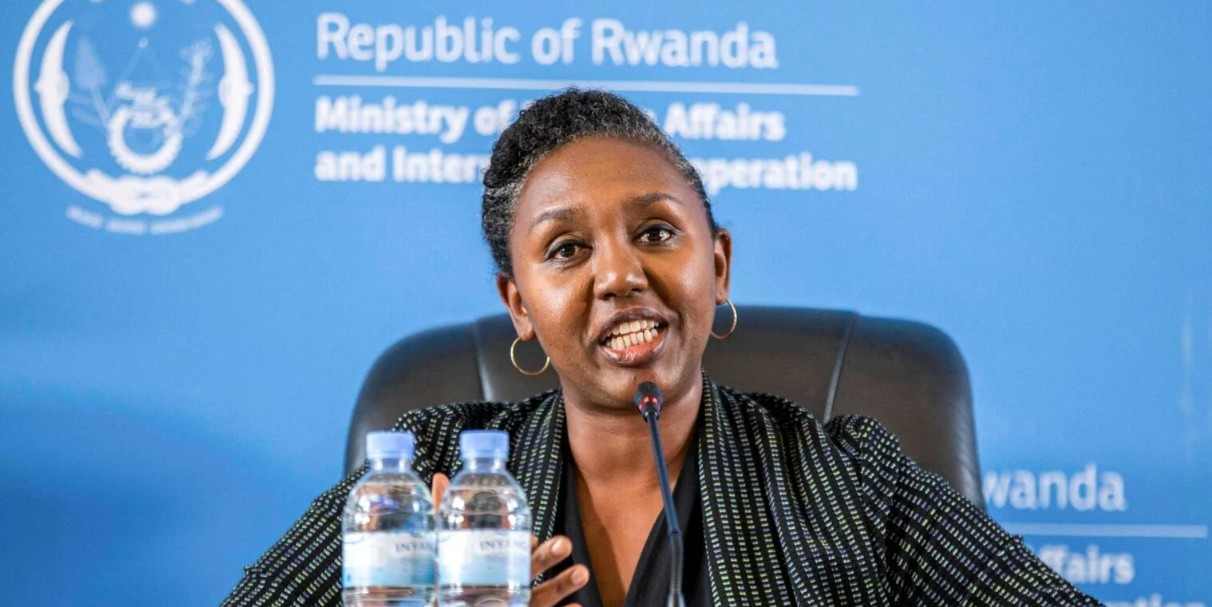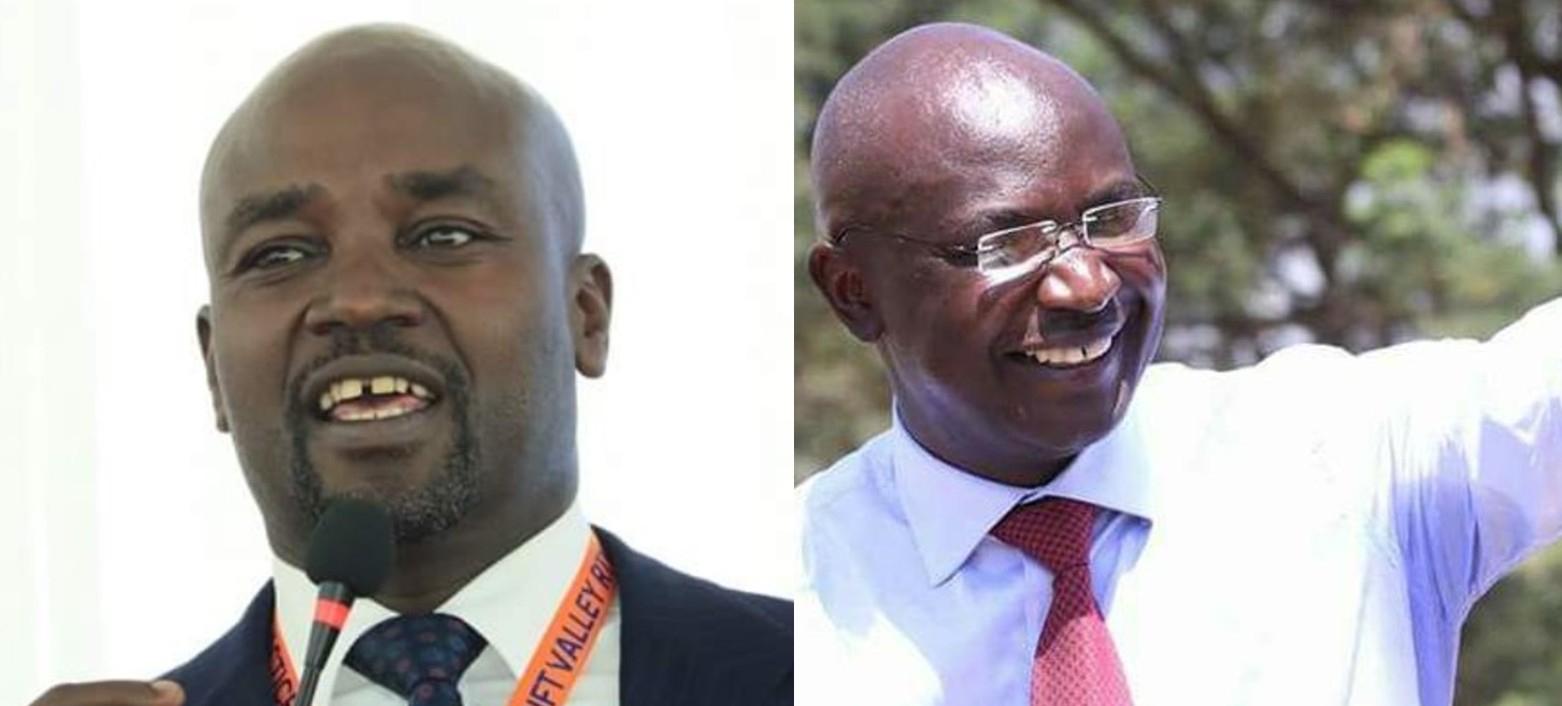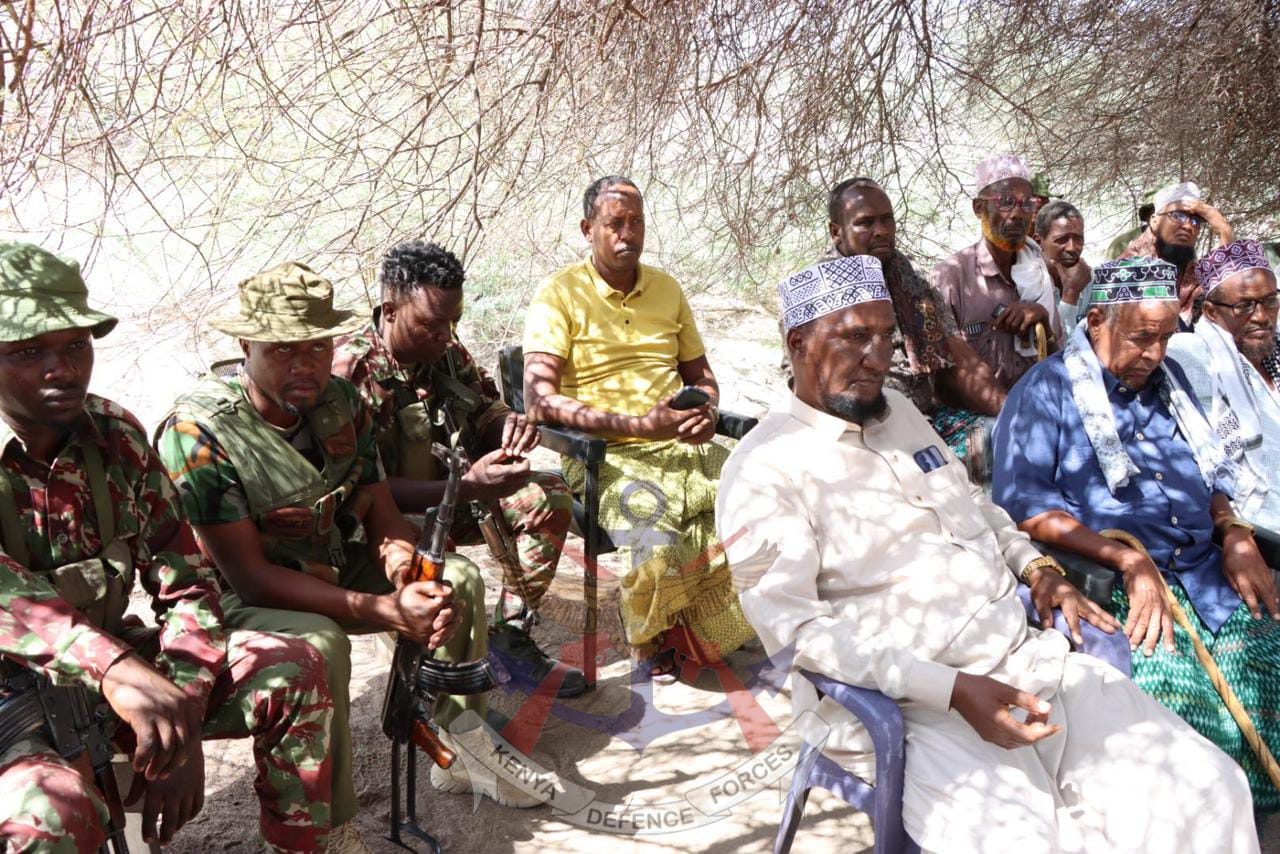Gaza humanitarian crisis deepens as prices of basic goods skyrocket

About 1.8 million people in Gaza are facing unprecedented levels of food insecurity.
The massive destruction of infrastructure as a result of Israel's war on Gaza has heavily impacted farms, normally a source of sustenance for the locals.
Families are suffering as regular markets have collapsed with the available food being scarce.
More To Read
- Israel says Hamas spokesman killed in Gaza airstrike
- Was the ‘double tap’ attack on Gaza’s Nasser hospital a war crime? Here’s what the laws of war say
- Israel’s killing of journalists follows a pattern of silencing Palestinian media that stretches back to 1967
- Gaza civilian death toll outpaces other modern wars
- Local journalists and fixers are dying at unprecedented rates in Gaza, can anyone protect them?
- US bars Palestinian President Mahmoud Abbas, 80 officials from attending UN meeting in New York
The war on Gaza has led to the scarcity of basic commodities such as flour, rice, and cooking oil creating high demand, which has pushed prices up exponentially.
About 1.8 million people in Gaza are facing unprecedented levels of food insecurity.
Bread, a lifeline for many families in Gaza, is now slipping out of their reach, the UN World Food Programme has warned.
The numerous airstrikes and shelling have destroyed critical infrastructure, including roads, storage facilities, and marketplaces, disrupting supply chains and driving up costs.
As a result, most families are living in tents.
Meanwhile, international assistance entering Gaza has dwindled, with the volume of food and other aid allowed to cross the border reaching dangerous new lows.
Children are the most susceptible to the effects of malnutrition and have now become more vulnerable to illness.
"The latest Integrated Food Security Phase Classification (IPC) analysis confirms our worst fears for children in northern Gaza. One in 5 children suffer from wasting, the most life-threatening form of malnutrition," said UNICEF Deputy Executive Director Ted Chaiban.
Top Stories Today












































